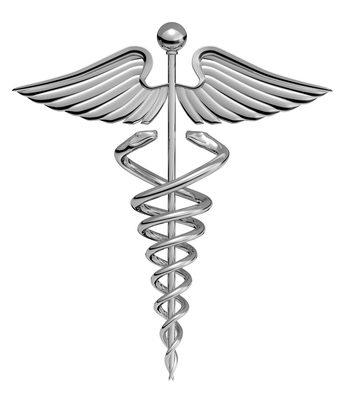The job responsibilities of a healthcare CIO are divided between personnel, information and operational supervision duties. Health care CIOs are usually seasoned IT professionals with extensive management experience in a health care environments.
Leadership
The most important job responsibility of a CIO who works in a health care organization is leadership. They provide strategic planning, development, evaluation and coordination of various information and technology systems. They collaborate with business leaders to align IT strategies with business tactics. Health care CIOs establish and direct the information technology department’s goals, policies and practices. For example, they propose hardware and software solutions to reach the company’s business objectives. They also manage the day-to-day operations of the information technology department, which includes directing networking, user services, administration and telecommunications staff. CIOs also define, develop, implement and test disaster recovery and business continuity plans and infrastructure.
Related link: Top 10 Best Online Master of Health Administration Degree Programs (MHA)
Information Technology
The job responsibilities of a healthcare CIO naturally include information technology duties. They have oversight of various business applications, which includes billing, purchasing, attendance, laboratory, accounts payable and electronic medical record systems. These CIOs must maintain and enhance network infrastructures for local, wireless and wide area connectivity for health care providers in diverse locations. They consult with department managers to present new approaches, exchange information and discuss equipment and system changes. They participate in vendor contract negotiations for major computer equipment, technology and software solutions. They must assess technology projects, recommend appropriate action and locate feasible resources.
Business Support
Health care CIOs promote a self-directed environment for supervisors and management. They maintain a professional manner that effectively communicates the values and mission of the organization to both internal staff and external clients. They attend department and organization staff meetings in order to stay informed, offer solutions and follow up on serious IT issues. They help subordinates meet deadlines, provide support for projects, ensure regulatory compliance and review organizational policies and practices. Health care CIOs collaborates with management to develop and execute strategies designed to meet the technology needs of patients and physicians alike. They also facilitate IT advisory committee meetings.
Confidentiality
Health care CIOs are responsible to ensure that systems, procedures and technology maintains the confidentiality requirements of corporate policim es and the Health Insurance Portability and Accountability Act (HIPPA). This requires follow-up and follow-through with time-sensitive information that must be internally and externally reported. They ensure that all employees successfully complete annual refresher training courses on HIPAA guidelines and company protocols. They also take on internal HIPPA audits that require the expeditious and accurate completion of multiple assessment projects. If there is a data breach or unlawful disclosure of confidential patient data, they work with managers to resolve the issue by following notification procedures.
Professional Competencies
The job responsibilities of a healthcare CIO also include a commitment to professional development. Health care CIOs need to maintain their skill in budget preparation and fiscal management. They need to have strong interpersonal and communication skills so they can effectively work with a wide range of individuals in diverse health care settings. They must maintain knowledge and understanding of the financial and administrative functions of hospitals. Strategic planning and advanced leadership skills will help them direct multi-department technical and administrative staff. Their ability to provide technology leadership and vision for the hospital will help them to support of all information technology initiatives and manage administrative technology across locations.
The job responsibilities of a healthcare CIO also include researching, gathering and analyzing data from multiple to compare, contrast and synthesize findings.
